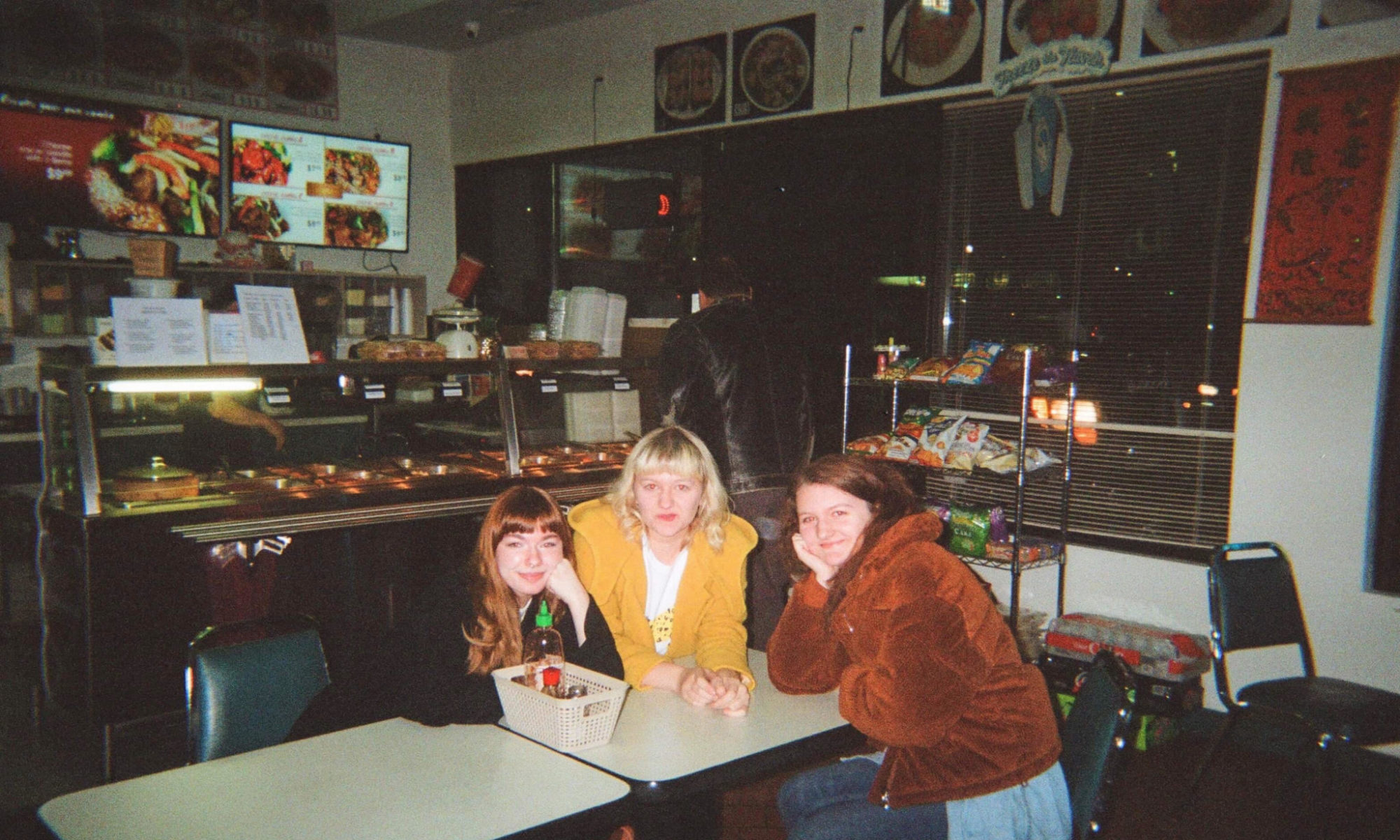 In the documentary People Who Do Noise, one noise musician says that the genre has “stripped all of the musicality from music.” But does that make it any less of an experience to catch one of Winnipeg label Midori Records’ acts live when the rare opportunity arises? Hell, no. The experience is all they’re concerned about. Sigmund just played an improv set at Element Sircus, horrifically backing for a self-mutilator. In the summer, Krakk sometimes lays all their electronic gear on the street and blasts the ears and minds of passers-by in guerrilla shows. And a couple years ago, label owner Fletcher Pratt played at Send + Receive festival, to recreate sounds from his Mind Gunk series. Stylus recently met with Pratt, who is also a member of Krakk and Sigmund, to ask a couple of label-related questions.
In the documentary People Who Do Noise, one noise musician says that the genre has “stripped all of the musicality from music.” But does that make it any less of an experience to catch one of Winnipeg label Midori Records’ acts live when the rare opportunity arises? Hell, no. The experience is all they’re concerned about. Sigmund just played an improv set at Element Sircus, horrifically backing for a self-mutilator. In the summer, Krakk sometimes lays all their electronic gear on the street and blasts the ears and minds of passers-by in guerrilla shows. And a couple years ago, label owner Fletcher Pratt played at Send + Receive festival, to recreate sounds from his Mind Gunk series. Stylus recently met with Pratt, who is also a member of Krakk and Sigmund, to ask a couple of label-related questions.
Stylus: How did Midori Records start?
Fletcher Pratt: In 2003, I was jamming with a couple of guys in a band called Roof Bunny, and I just recorded and mixed it. Eric Gallipo, he was one of the guys in the trio, he was a music school grad, and he got into noise music—and Roof Bunny was a trio, and the other guy graduated from music school too, and I thought that it was ironic. We jammed different noise, like a lot of rhythmic noise, and a lot of drone. But I had these recordings, and I didn’t know what to do with them.
Stylus: How many releases does Midori Records have?
FP: Fifty-five, although the label only started in ’04. But that has to do with quality control, even if it’s just 20 copies that I’m releasing. It’s a cross between half of my own projects, when I can be critical as I want, and when people send songs into me. Most of the time it’s really good, but sometimes I have to say, “You need to redo this track, or that track.”
Stylus: What’s the furthest you’ve been sent songs from?
FP: I received some from Vluba, they’re an Argentina duo, and I did 15 copies of their record.
Stylus: And how does everyone find each other?
FP: Well I guess the short answer for that is the Internet. A good way to get a dose of a label is to do mail trades, contact a label and send five releases to each other.
Stylus: What’s the Winnipeg noise scene like?
FP: It has blossomed a little bit, but it’s only something like five guys, and there isn’t much of one, they do it in their basement. But it’s a good time. [On Midori] there’s Sigmund, Krakk, and my Fletcher Pratt Mind Gunk series. And Auntie Dada—but I heard there was some drama there. And lately there’s been a couple other guys who have been starting up their own label—White Dog, that’s Chris Jacques, and Cole Peters who plays under Gomeisa. They’ve just started putting tapes out. [Their label is called Prairie Fire Tapes –Ed.] So it seems to come in waves of inspiration.
Stylus: How often do you play live?
FP: Only once every couple of months. We do those guerrilla shows a couple times a year, and those are really haphazard, but people always show up. They seem to bring people out of the woodwork a little.
Visit Midori online at www.myspace.com/midorirec










 In the documentary People Who Do Noise, one noise musician says that the genre has “stripped all of the musicality from music.” But does that make it any less of an experience to catch one of Winnipeg label Midori Records’ acts live when the rare opportunity arises? Hell, no. The experience is all they’re concerned about. Sigmund just played an improv set at Element Sircus, horrifically backing for a self-mutilator. In the summer, Krakk sometimes lays all their electronic gear on the street and blasts the ears and minds of passers-by in guerrilla shows. And a couple years ago, label owner Fletcher Pratt played at Send + Receive festival, to recreate sounds from his Mind Gunk series. Stylus recently met with Pratt, who is also a member of Krakk and Sigmund, to ask a couple of label-related questions.
In the documentary People Who Do Noise, one noise musician says that the genre has “stripped all of the musicality from music.” But does that make it any less of an experience to catch one of Winnipeg label Midori Records’ acts live when the rare opportunity arises? Hell, no. The experience is all they’re concerned about. Sigmund just played an improv set at Element Sircus, horrifically backing for a self-mutilator. In the summer, Krakk sometimes lays all their electronic gear on the street and blasts the ears and minds of passers-by in guerrilla shows. And a couple years ago, label owner Fletcher Pratt played at Send + Receive festival, to recreate sounds from his Mind Gunk series. Stylus recently met with Pratt, who is also a member of Krakk and Sigmund, to ask a couple of label-related questions.